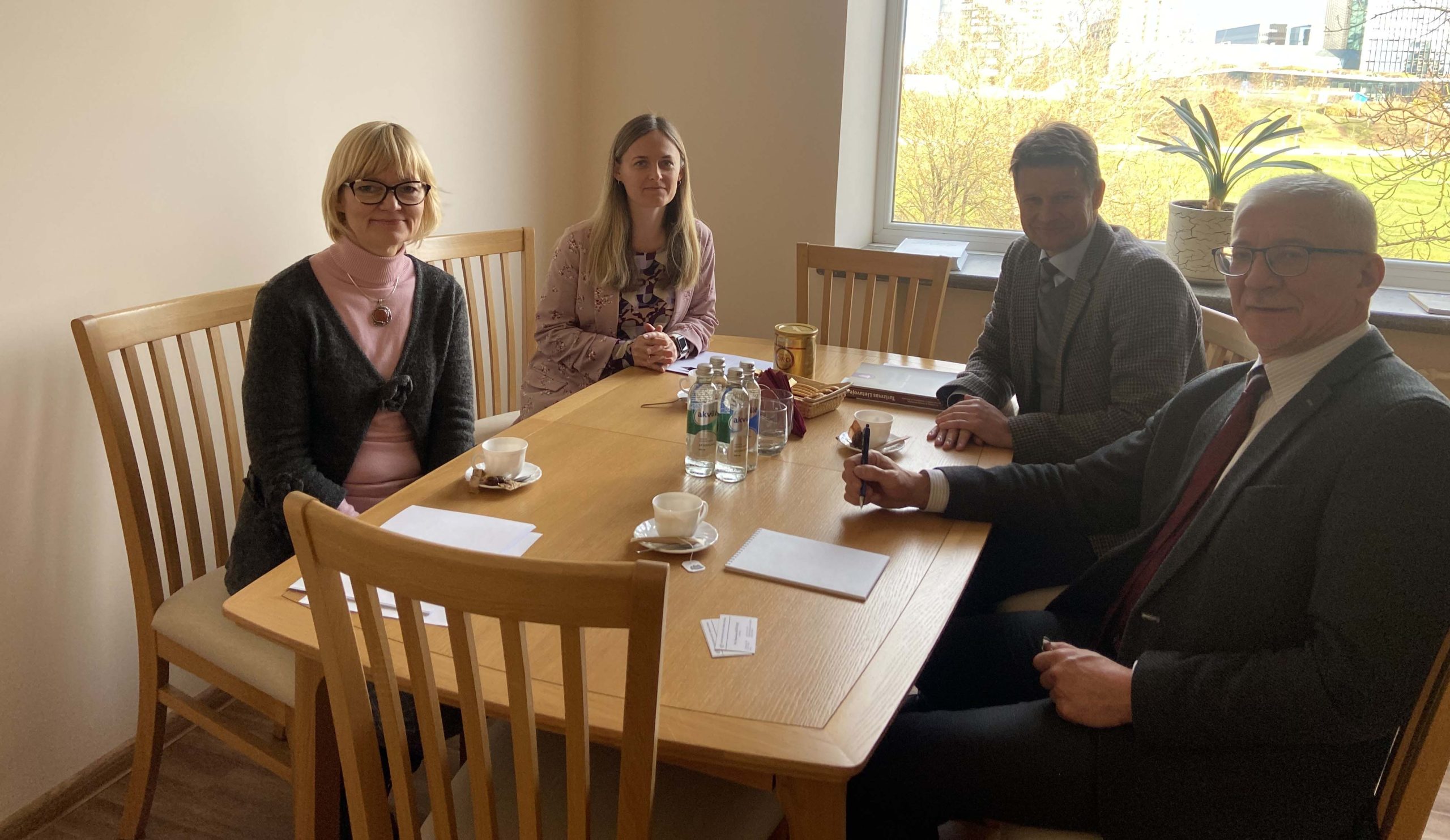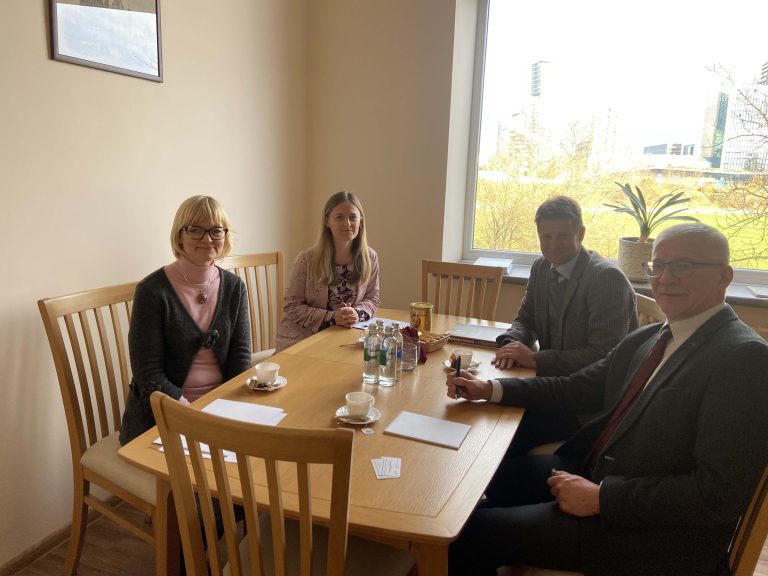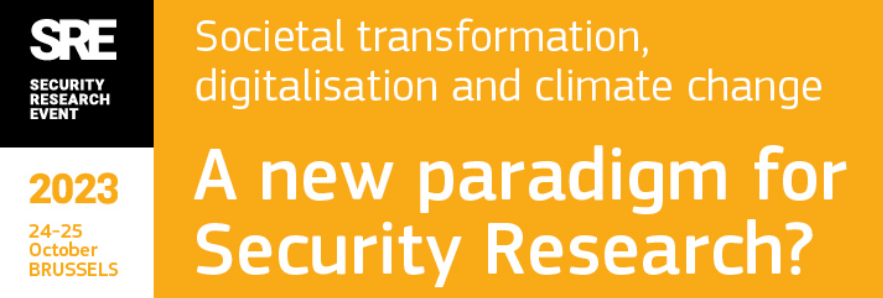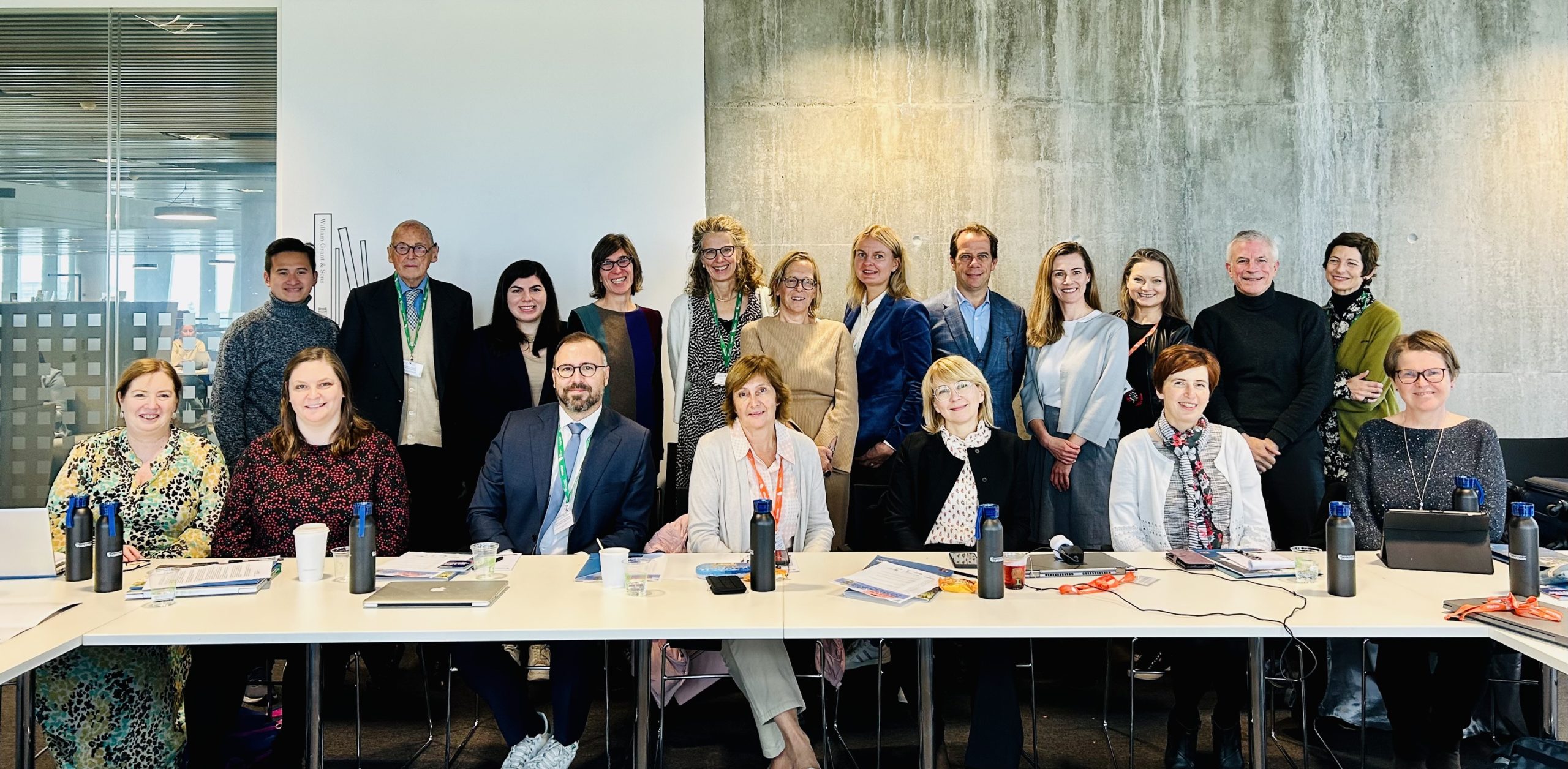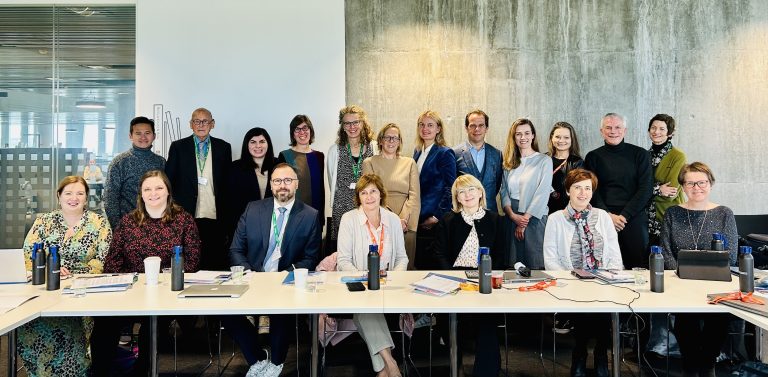The internationally renowned Routledge publishing house has published a collective monograph, coordinated by the Institute's researchers, which explores various aspects of gender-based violence: Limantė, A.; Tereškinas, A., Vaičiūnienė, R. (eds) “Gender-Based Violence and Law: Global Perspectives and Eastern European Practices”. Routledge, 2023, ISBN 9781032469348.
GBV is a general term used to refer to any form of violence directed at an individual based on their gender. Although it is true that men and boys do experience GBV, it is women who are disproportionately affected: GBV affects 1 in 3 women in their lifetime. Therefore, GBV is often used as a synonym for the term ‘violence against women’, which will also be visible in this book. GBV can occur in a variety of settings, including home, workplace, educational institutions, and public spaces. GBV might be practised by family members, intimate partners, colleagues and superiors at work and educational institutions, familiar people and complete strangers. It can happen both online and offline and take many forms, such as physical, psychological, sexual violence, and economic abuse.
In particular, the book presents the challenges faced in fighting GBV in European countries, with a specific case study of a country in North-Eastern Europe – Lithuania. The book intends to explain the cultural embedding of violence in Lithuania and Eastern and Central Europe, where GBV is a part of family and community culture. Besides Lithuania (the book’s main focus), several other jurisdictions in the region will be covered (e.g. Poland, Latvia, etc.). As post-Soviet countries, influenced by Soviet mentality, these countries struggle to overcome the ‘normalisation’ of domestic violence and guarantee gender equality. We argue that while economic and technological reforms came rapidly after the fall of the Soviet Union, the achievement of social change with respect to GBV appeared to be challenging. For instance, the political discussions on violence and the failure to ratify the Istanbul Convention by the Lithuanian Parliament points to the continuing public defence of patriarchal privilege and traditional gender order conducive to violence. Political discussions in Lithuania demonstrate that GBV is often justified and neutralised by explaining it merely as a result of alcohol abuse and other addictions. At the same time, more profound social and cultural reasons related to social inequalities, the gendered character of institutions, and gender in contemporary societies, are omitted. The book will expose the institutional bases and situational causes of GBV and violence prevention strategies with a focus on Lithuania and Eastern Europe, helping to understand the specific forms of GBV prevalent in the region and the motives and emotions behind it.
The publication brings together a wide range of theoretical and empirical research from Europe and, more specifically, Lithuania, where GBV is endemic. Moreover, the book discusses theoretical issues related to the concepts of hegemonic masculinity and emphasised femininity, as well as to concerns with the status of women in society and social changes related to women and men’s status in the family. We also comprehensively discuss the issues of GBV as the result of social inequalities between men and women causing the so-called gender struggle.
The book starts with Part I focusing on the theoretical, political and legal framework for responding to GBV. This part provides insights into the global issues of feminism, objectification and the sexualisation of women, masculinity and its links to GBV. It then discusses international and European legal frameworks by analysing GBV in international instruments and the case law of the ECtHR, as well as giving specific attention to the Istanbul Convention and relevant case law of Constitutional Courts of the region. Then, in Part II and Part III, the book moves to context-specific national approaches with a focus on Lithuania. In particular, Part II puts the spotlight on domestic violence, providing insights into assistance for intimate partner violence (IPV) survivors, interventions for IPV offenders, and broader domestic violence prevention strategies. Part III delves deeper into GBV in public spaces, revealing more nuanced GBV within unequal power relations, dominance, and intersecting inequalities.
The monograph contains the following chapters:
- A Feminist Approach to Gender-Based Violence: The Role of Objectification and Sexualization of Women (Sandra Amankavičiūtė, Monika Žalnieriūtė)
- Failed Hegemonic Masculinity, Negative Emotions and Gender-Based Violence: Theories and Elaborations (Artūras Tereškinas)
- Gender-Based Violence in International Instruments and Case Law of the European Court of Human Rights (Agnė Limantė)
- The Istanbul Convention in the Constitutional Jurisprudence of Central and Eastern European States (Dovilė Pūraitė – Andrikienė)
- Approaches to Criminalisation of Domestic Violence in Central and Eastern European Countries (Jolanta Apolevič, Elżbieta Kuzborska-Pacha)
- The Changing Paradigm in Help Provision for Survivors of Intimate Partner Violence: Specialised Complex Help v Generic Social Help Model (Zuzana Vasiliauskaitė, Lilija Henrika Vasiliauskė, Evelina Dirmotaitė)
- Rethinking Work with Intimate Partner Perpetrators: New Prospects for the Successful Implementation of Batterer Intervention Programmes in Lithuania (Rūta Vaičiūnienė, Ilona Michailovič)
- Economic Empowerment of Women as a Factor Contributing to Prevention of Domestic Violence (Jolanta Apolevič)
- Gender-Based Violence against Women with Disabilities (Rokas Uscila, Dovilė Juodkaitė)
- Sexual Harassment at Workplace in Lithuania: What does the Silence Say?(Kristina Ambrazevičiūtė)
- What Makes Academia (Un)Safe: Experiences, Observations and Consequences of Gender-Based Violence in Different Stages of Individual Researchers’ Career (Vilana Pilinkaitė Sotirovič, Giedre Blažytė) (open access)
- Gender-Based Violence Online: Cyberstalking Overview in Lithuania (Liubovė Jarutienė, Ilona Laurinaitytė, Ilona Michailovič).
We are happy that scientific publications by Lithuanian researchers are becoming more and more visible in the international arena!
On behalf of the authors
Agnė Limantė, Artūras Tereškinas, Rūta Vaičiūnienė








